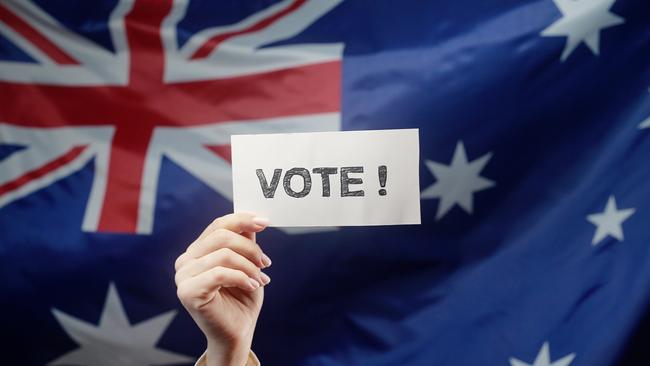
School students have the worst-ever understanding of the way we are governed and reasons why. It’s a consequence of a generation of academic indifference when it isn’t antipathy to our history since 1788. And it creates a challenge for national unity – if young people don’t know what Australia stands for, why should they believe in its values.
According to the Australian Curriculum Assessment and Reporting Authority the results of civic and citizenship tests are the lowest since they started in 2004. Just 43 per cent of year 6 are proficient, 10 per cent below 2019. Year 10 scores are also down 10 per cent to just 38 per cent. And, no, it is not because migrant families don’t get what makes Australia great. Year 6 students from non-English speaking backgrounds are actually ahead (47 per cent) of the locals (43 per cent).
This is not democracy for dummies. One issue top-level achievers are expected to understand is, “the potential for tension between critical citizenship and abiding by the law”. Young people in the courts over anti-Semitic violence must have missed that class.
Not that kids are apathetic about the world around them. ACARA reports they are concerned “about issues affecting Australia, including pollution, climate change, crime and racism”. The problem is they just aren’t across our system of government that is designed to address what matters to voters.
One reason for this is the way civics is taught in schools. A recent parliamentary inquiry into the state of the subject found no training for teachers, who work it out on the basis of their own knowledge – which increasingly excludes university study of Australian, indeed any, history. Martin Crotty from the University of Queensland reports the number of historians in Australian universities is down 30-40 per cent over 30 years, while the overall number of academics has doubled.
With colleague Paul Bongiorno, he reported a 23 per cent drop in history enrolments from 2016-2022. The general explanation for this is that young people not unreasonably avoid studying history because they can’t see a career path, but you to have to wonder whether the decline in enrolments is content created. Courses based in on the assumption that Western civilisation is a conspiracy of old white blokes against everybody else aren’t exactly an interesting sell for young people too smart to fall for one-idea-fits-all interpretations of the past, especially Australia’s.
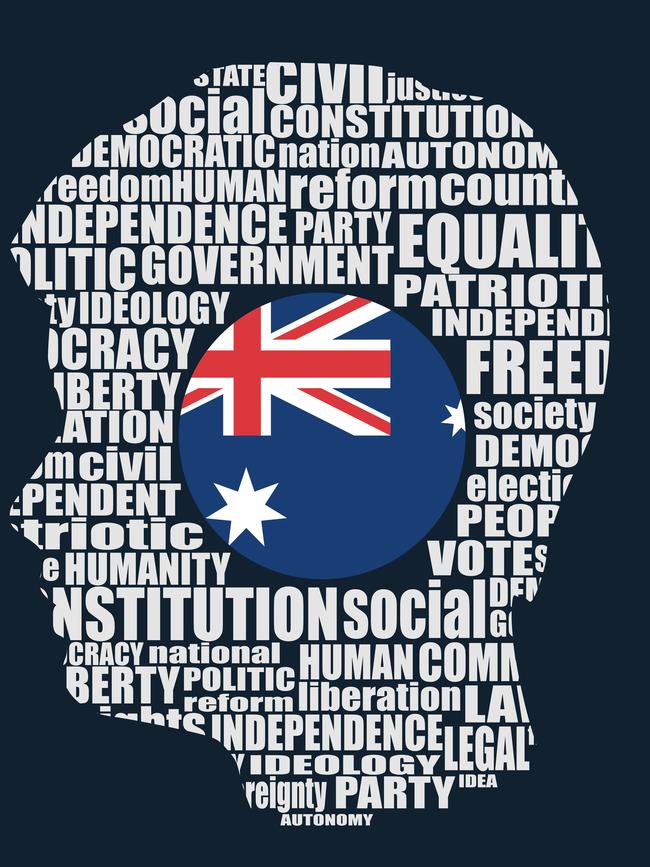
But for now, what prospective civics teachers pick up isn’t always exactly positive about the reasons for the way we are governed. Certainly, there are still courses on the creation of Australia since 1788 but students interested in the way wars shaped national identity are out of luck – war and society scholars deplore what is called “Anzackery”. There is a rich literature on the extraordinary achievement that created a prosperous market economy from scratch in 250 years, but it is small scale compared to the focus on the dispossession of Indigenous Australians and the orthodoxy that the nation as constructed is an illegitimate colonialist state.
Matthew Keynes from the University of Melbourne argues school curricula have to “help non-Indigenous young people to understand how past injustices influence their contemporary lives”, and support teachers to include content “intended to address injustice”.
Randa Abdel Fatwah (Macquarie University) has $870,000 from the Australian Research Council for a project on Arab/Muslim Australian “social justice activism”. The ARC national interest statement begins, in a “world characterised by vast inequalities, we are witnessing urgent local and global debates on how marginalised communities can work together across social justice movements. The project aims to investigate how Arab/Muslim Australian activists, working in anti-racism, anti-war and feminist social movements from the 1970s to date, have mobilised a range of diverse groups (such as Indigenous activists).”
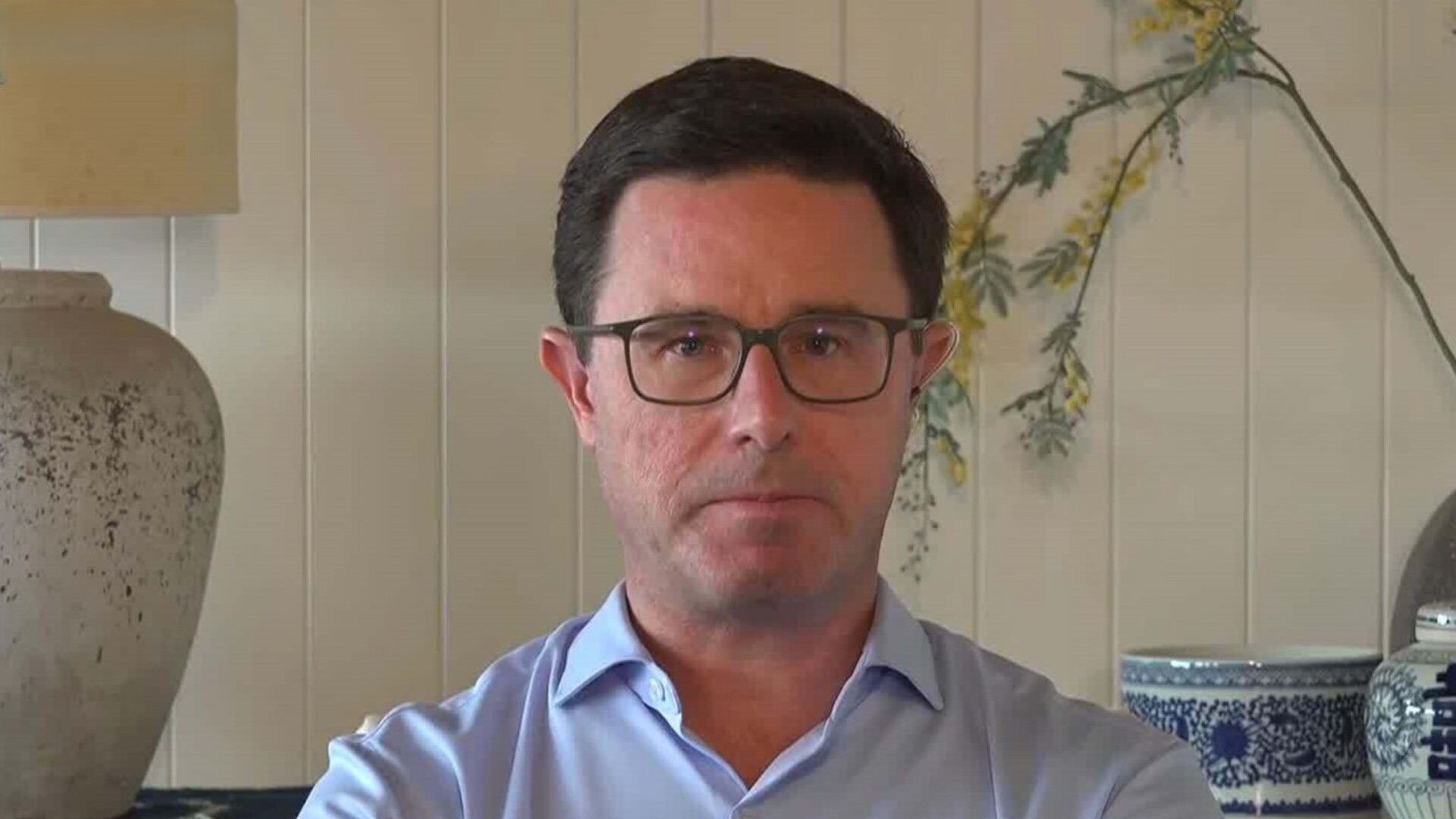
Courses, and the research orthodoxy they come from that explain what a terrible place Australia was, and is, for many of us are not created to encourage teachers to teach and students to study the moral worth of our democracy. As for what was once a given, that Australians are united by values, the parliamentary committee reports the orthodoxy on individuals’ identity, “a person’s sense of who they are, and conception and expression of their individuality or association with a group, culture, state, nation or a region of the world, regardless of their legal citizenship status”.
Which makes it hard to convince young people that home is where the heart is and that while Australia will never be perfect it can be better and has a system of government based on a free and equal society to make it so. The parliamentary committee on civics proposes 22 recommendations that are mostly of the more and better course content kind and outreach for immigrants variety. And while it recognises the size of the problem – conspiracy theorists in the global marketplace of ideas get a big mention – the committee is hard up for big-picture solutions.
The Australian Historical Association’s submission to parliament’s inquiry argues the job that needs doing is explaining why citizenship matters and that requires an “appreciation and understanding of democracy in the wider sense: as a system built on literally millions of actions by ordinary citizens in their daily lives”.
And that culminates in exercising the right to vote in elections that reflect the will of the people, as in hung parliaments. Compulsory voting means Australia is in better shape than absolutely everywhere for engagement. But with understanding of civic culture eroding among the young, the risk is what we have will not last.





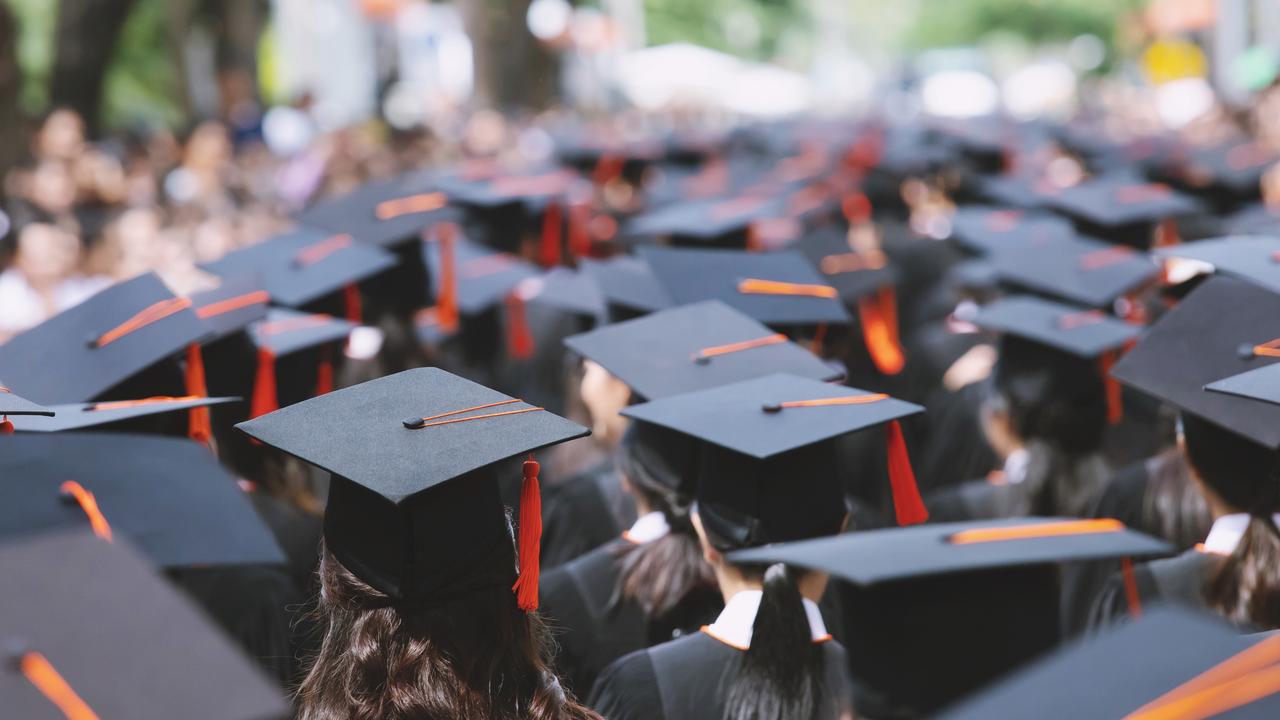
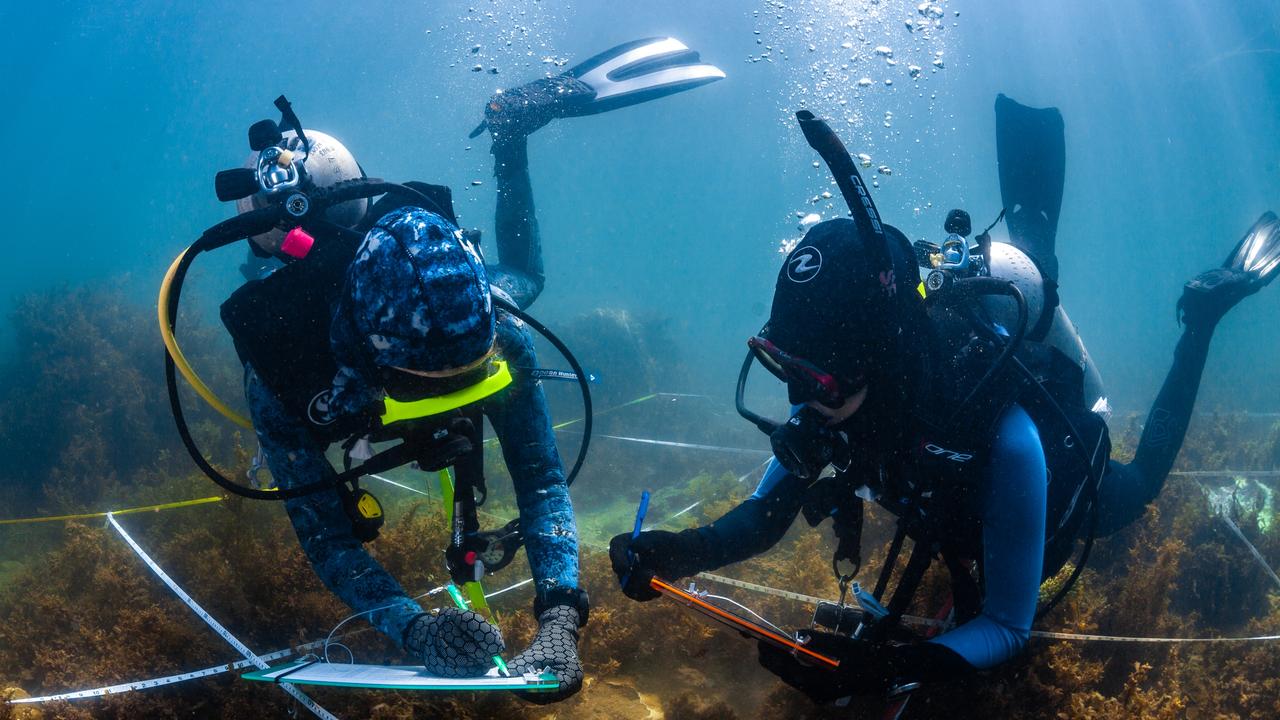
Young Australians aren’t engaging with democracy – and there’s an academic reason for that.